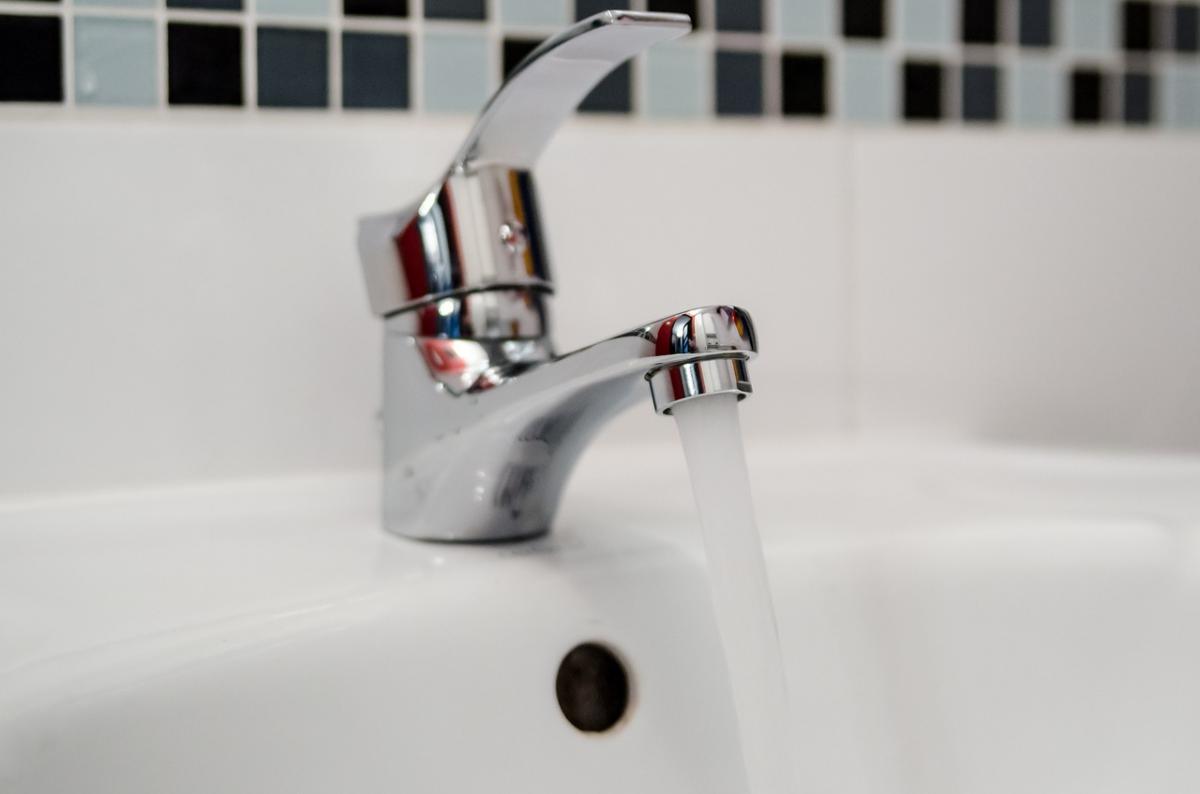Should I Be Concerned About My Home's Hard Water?
 You probably don't think about it much unless something goes wrong, but water is one of the most fundamental needs in any home. Cooking, cleaning, hygiene, gardening... All of these tasks invariably require a steady supply H2O. If, for some reason, your home was to lose access to water, you would be immediately concerned; however, have you ever considered the quality of your water? When it comes to quality, one of the simplest and most important characteristics of your home's water is its hardness, which describes the concentrations of minerals within the water itself. Keep reading to learn about this common issue and why you should care about it in your home.
You probably don't think about it much unless something goes wrong, but water is one of the most fundamental needs in any home. Cooking, cleaning, hygiene, gardening... All of these tasks invariably require a steady supply H2O. If, for some reason, your home was to lose access to water, you would be immediately concerned; however, have you ever considered the quality of your water? When it comes to quality, one of the simplest and most important characteristics of your home's water is its hardness, which describes the concentrations of minerals within the water itself. Keep reading to learn about this common issue and why you should care about it in your home.
First, let's make sure that we're on the same page about the term "hard water". A water's hardness is mainly determined by the levels of calcium and magnesium ions that are dissolved in the liquid. "Harder" water will have more of these dissolved minerals, while water that's "softer" will have less of them. Well water is more likely to be hard than water from a city's water system due to natural minerals in the ground, but water from any source can still be hard. Importantly, it's alright for a home's water to have a little hardness; in fact, the vast majority of homes do. Problems tend to occur only when water is particularly hard.
So, how can you tell if you have hard water? You can actually feel the difference between water that's soft and water that's hard, although it can be difficult to explain in words. Hard water tends to feel less slippery and more "dry" (or hard, hence the term). If you've ever taken a shower with water that was particularly hard, then you already know what I'm talking about. Hard water can also have a metallic taste. If you'd like a more objective measure of your water's hardness, then you can easily test it yourself with an inexpensive kit.
Although especially hard water might not feel or taste ideal, it is still safe to use and consume; that being said, it does have a number of drawbacks that can manifest over time. Problems associated with hard water include:
- Clogged pipes and appliances due to the deposition of minerals on their interior.
- Reduced water heater efficiency.
- Water stains from both the minerals in the water and soap scum (more on that later).
- Dry skin.
- Soap does not lather or rinse as effectively when mixed with hard water, which means that you need to use more soap if your water is hard. Furthermore, soap scum tends to form due to the minerals in the water combining with the chemicals in the soap.
Luckily, hard water can be corrected by installing a water softener (makes sense, huh?). A water softening system hooks into your water line and pulls out minerals before the water ever gets into the rest of your home's plumbing. Depending on the severity of the hardness and the size of your home, water softening systems can be purchased for about $2,600. They can range from $600 to and $7,000 so be prepared to figure out which system works for you and for what price.
You can learn more about hard water by reading this article from Realtor.com.
- Cheryl Bourland's blog
- Login or register to post comments
 Google+
Google+


 Information Deemed Reliable but Not Guaranteed. CENTURY 21 H.S.V. Realty is licensed in the state of Arkansas. CENTURY 21 and the CENTURY 21 Logo are registered service marks owned by Century 21 Real Estate LLC. H.S.V. Realty, Inc. fully supports the principles of the Fair Housing Act and the Equal Opportunity Act. Each franchise is independently owned and operated. Any services or products provided by independently owned and operated franchisees are not provided by, affiliated with or related to Century 21 Real Estate LLC nor any of its affiliated companies.
Information Deemed Reliable but Not Guaranteed. CENTURY 21 H.S.V. Realty is licensed in the state of Arkansas. CENTURY 21 and the CENTURY 21 Logo are registered service marks owned by Century 21 Real Estate LLC. H.S.V. Realty, Inc. fully supports the principles of the Fair Housing Act and the Equal Opportunity Act. Each franchise is independently owned and operated. Any services or products provided by independently owned and operated franchisees are not provided by, affiliated with or related to Century 21 Real Estate LLC nor any of its affiliated companies.